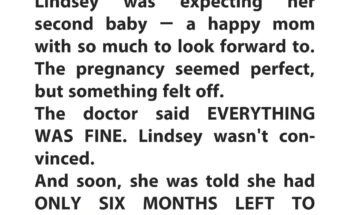Caty Stanko had always shared a deep, intuitive bond with her mother—a brilliant attorney known for her sharp mind and unwavering competence. But after Caty returned home from college in 2021, something felt off. Their conversations, once effortless, began to unravel. Her mother often said, “I don’t understand what you’re saying,” and what started as minor confusion soon escalated into frequent arguments. Caty assumed it was stress or generational tension. But the disconnect grew, and the woman who had once been her closest confidante now seemed distant and unfamiliar.
At first, her mother’s intelligence masked the subtle changes. She could still manage errands and hold conversations, but cracks were forming. She forgot names, struggled with simple tasks like calling an Uber, and seemed lost in moments that used to be second nature. Caty noticed first, then other family members began to worry. The tension wasn’t just emotional—it was neurological.
Eventually, they learned the heartbreaking truth: her mother was showing early signs of a degenerative brain disease.
The arguments weren’t rooted in misunderstanding or defiance—they were symptoms. The diagnosis reframed everything. What felt like personal rejection was actually her mother’s mind slipping away.
This story is a poignant reminder that sometimes, conflict masks deeper suffering. It’s a call to listen beyond frustration, to recognize when a loved one’s behavior might be a cry for help rather than a clash of wills.

For Caty, the journey from confusion to clarity was painful—but it also brought compassion, understanding, and a new kind of connection forged in vulnerability.


